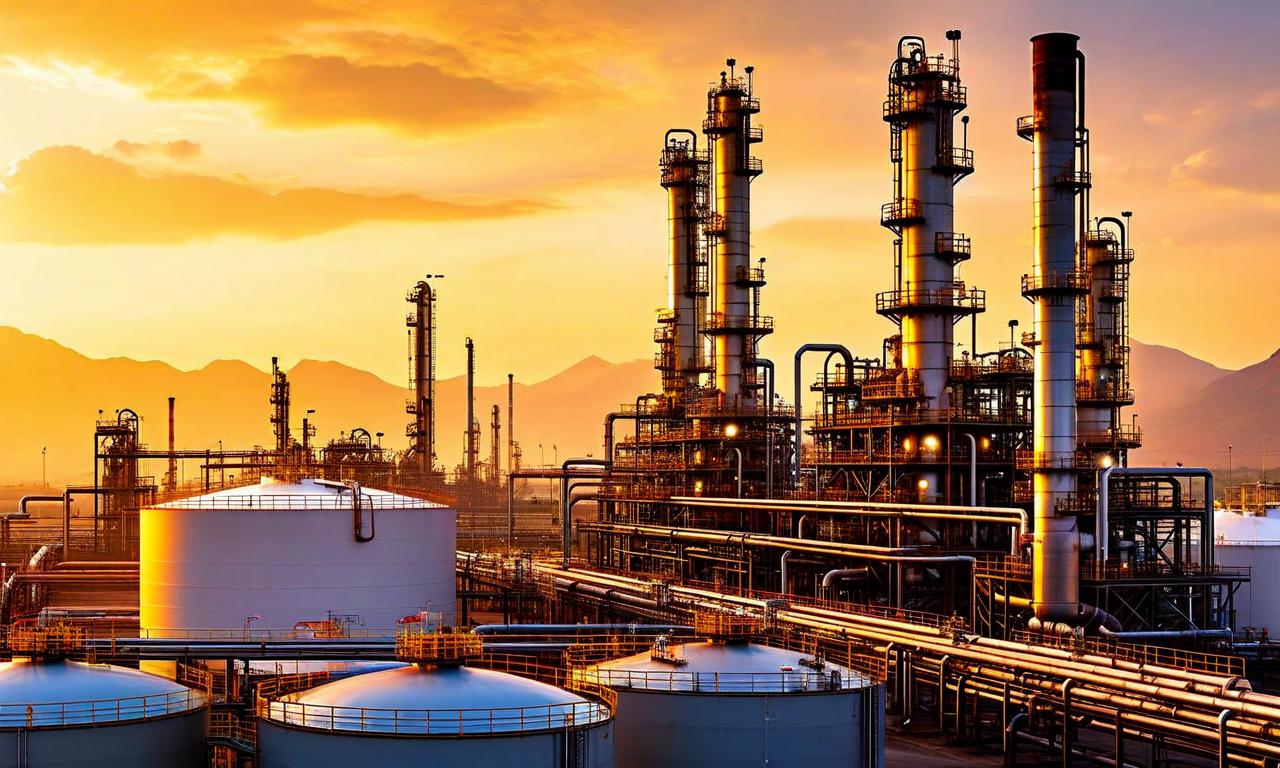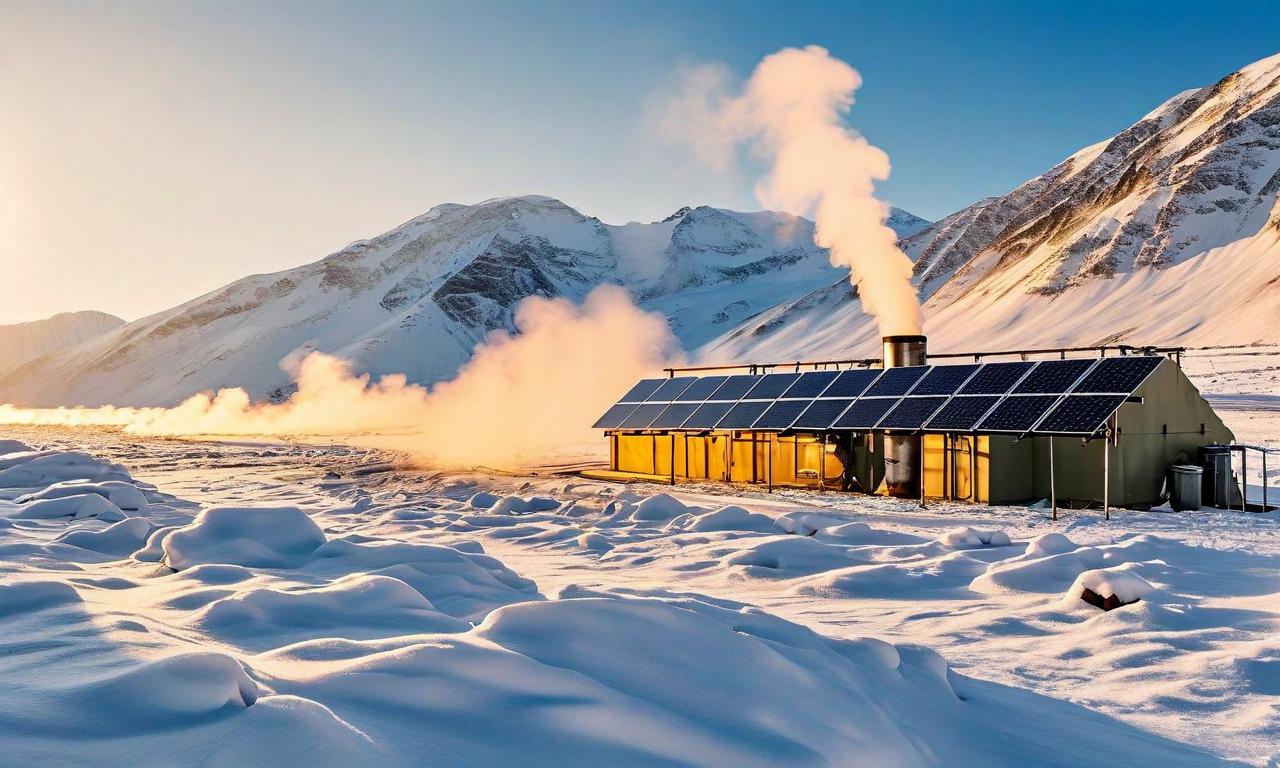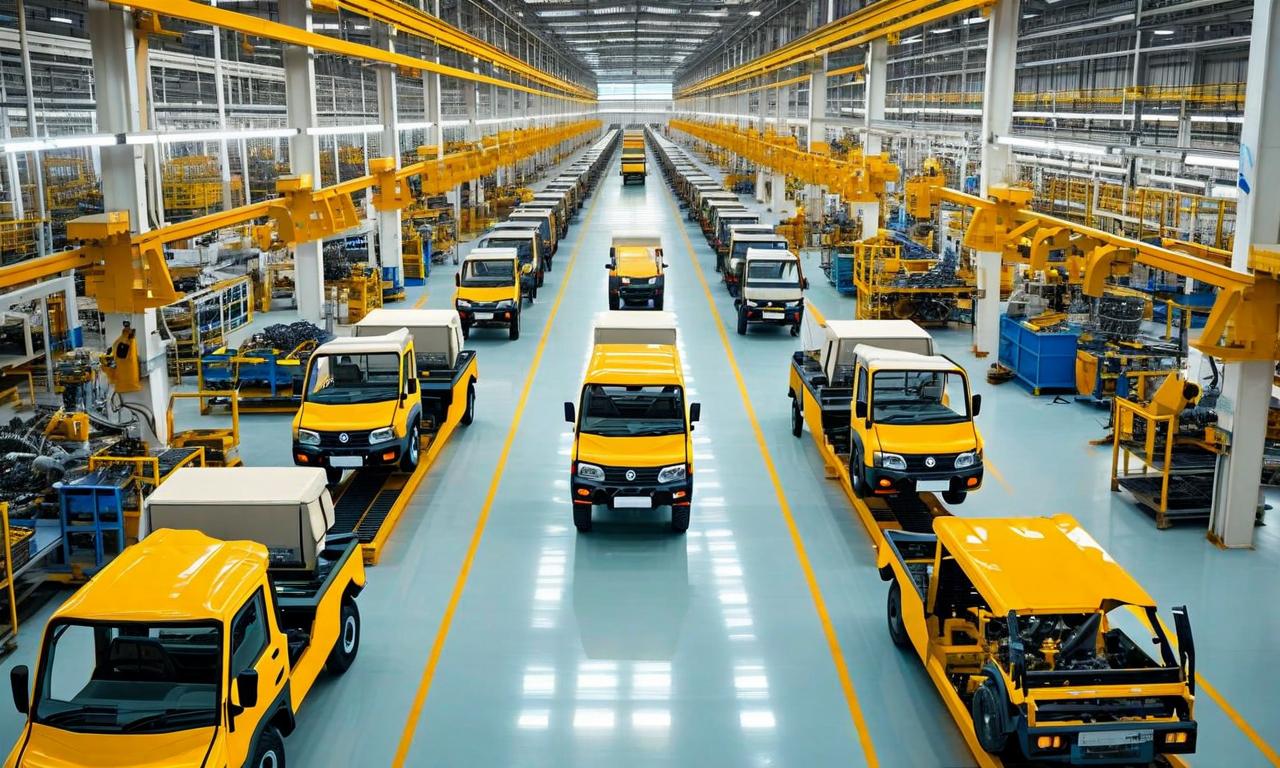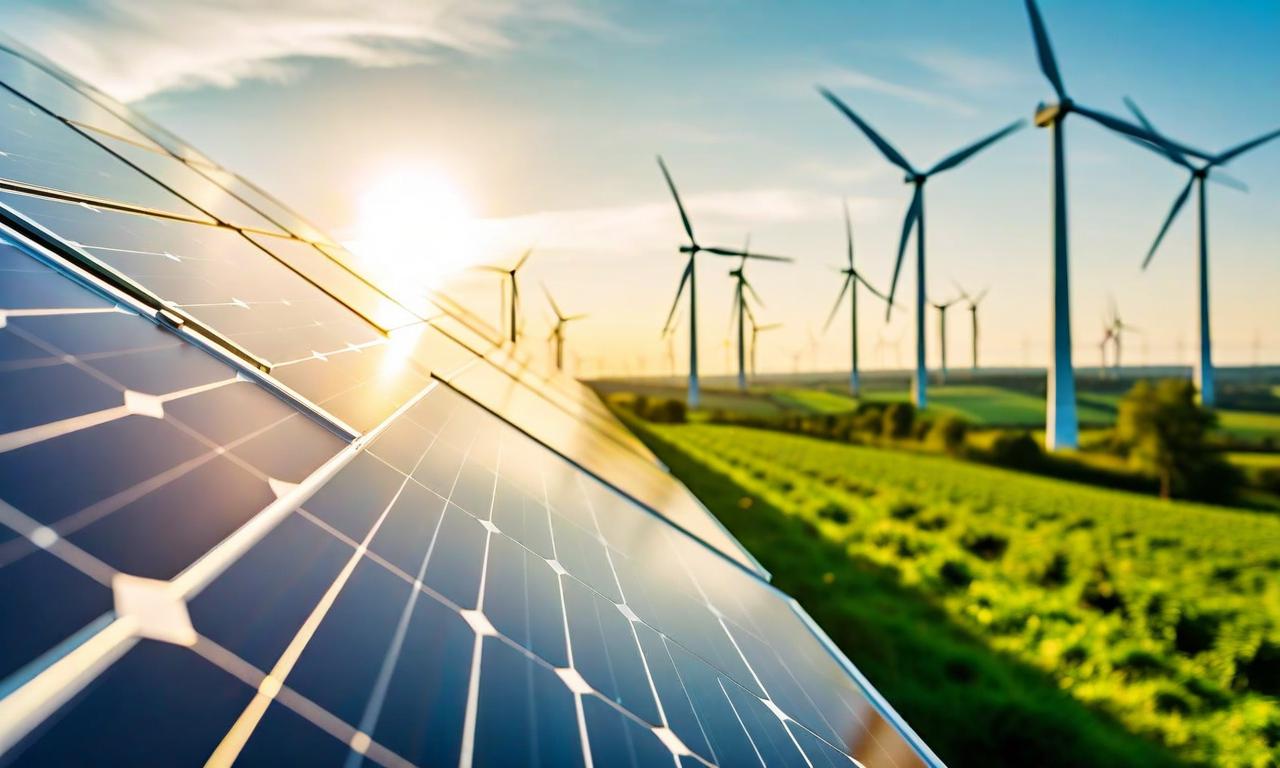US Official Accuses India of Being 'Oil Money Laundromat' for Russia Amid Trade Tensions
Peter Navarro, a senior White House official, accused India of acting as an 'oil money laundromat' for Russia through its oil trade practices. The US imposed a 50% tariff on Indian goods and a 25% levy on Russian oil purchases. India exports over 1 million barrels per day of refined petroleum, more than half its Russian crude imports. India responded that the tariffs are 'unjustified' and pointed out Western nations' commercial dealings with Russia. Prime Minister Modi pledged to protect Indian farmers, fishermen, and small businesses against US trade measures.
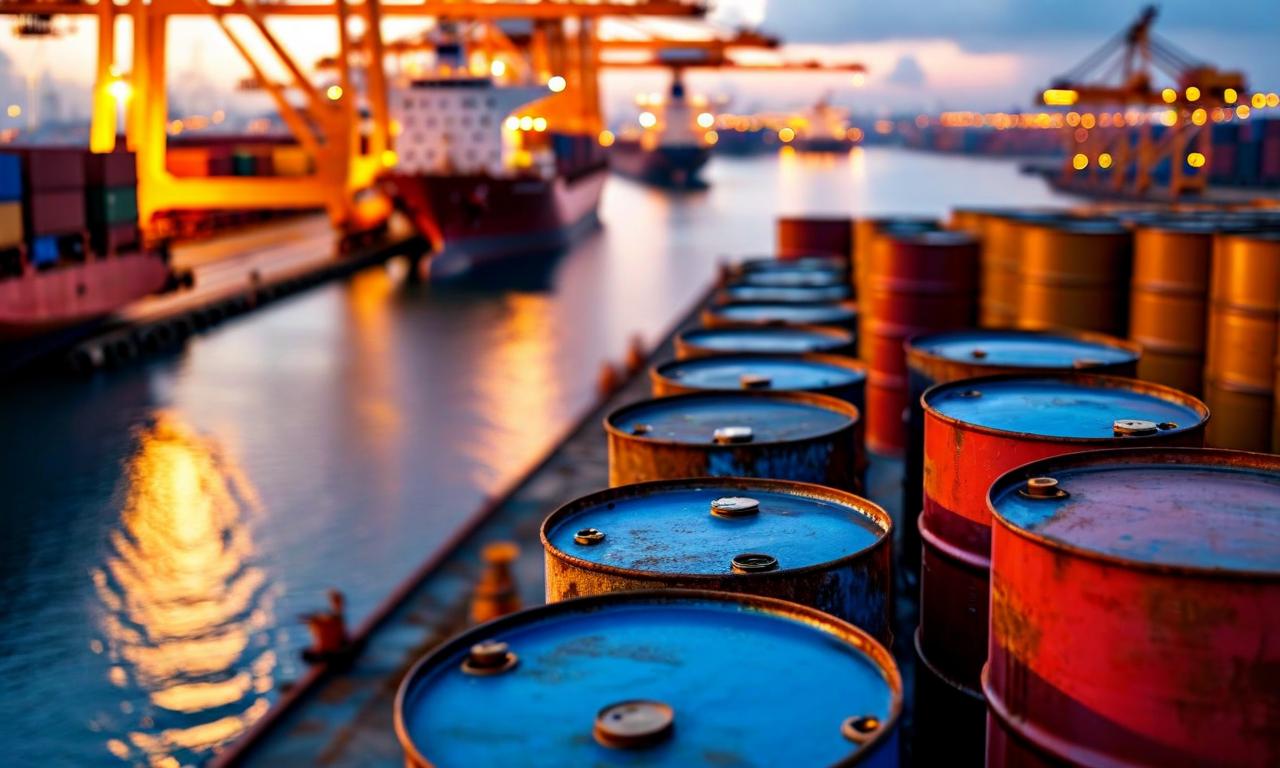
*this image is generated using AI for illustrative purposes only.
In a startling development that has intensified trade tensions between the United States and India, Peter Navarro, a senior White House official and aide to President Donald Trump, has accused India of acting as an 'oil money laundromat' for Russia through its oil trade practices.
Accusations and Trade Measures
Navarro alleges that Indian refiners are purchasing cheap Russian oil, processing it, and then exporting refined fuels to Europe, Africa, and Asia. He claims that the proceeds from these transactions are flowing to politically connected energy companies and ultimately contributing to Putin's war chest.
In response to what the US administration perceives as unfair trade practices and national security concerns, the United States has imposed significant tariffs on Indian goods:
- A 50% tariff on Indian goods, effective from August 27
- A specific 25% levy targeting Russian oil purchases
India's Oil Trade and Exports
The accusations come in the context of India's substantial oil trade activities:
- India exports over 1 million barrels per day of refined petroleum
- This export volume represents more than half the amount of Russian crude oil that India imports
India's Response and International Context
India has not taken these accusations lightly, responding that the tariffs are 'unjustified.' The Indian government has also pointed out the apparent inconsistency in the US stance, highlighting that Western nations themselves have commercial dealings with Russia.
Diplomatic Backdrop
These developments coincide with Prime Minister Narendra Modi's participation in the Shanghai Co-operation Organisation summit. During the summit, Modi pledged to protect Indian farmers, fishermen, and small businesses against US trade measures, indicating a firm stance in the face of mounting pressure.
Implications and Future Outlook
This situation underscores the complex geopolitical and economic dynamics at play in the global oil trade. As tensions escalate between the US and India, the impact on international trade relations and energy markets remains to be seen. The accusations and subsequent trade measures could potentially reshape India's role in the global oil market and its relationships with both Russia and the United States.
As this situation continues to unfold, stakeholders in the energy sector and international trade will be closely monitoring developments and their potential ramifications on global economic and diplomatic relations.
